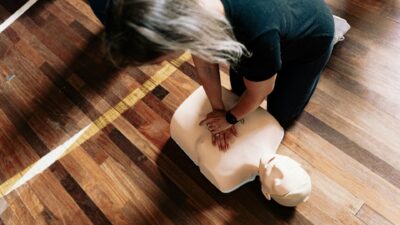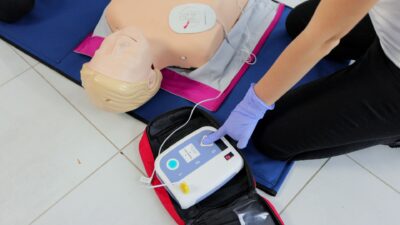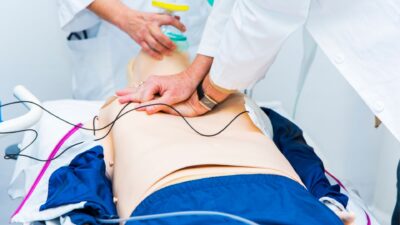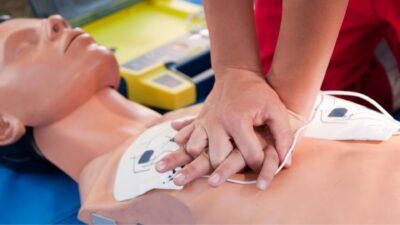
CPR Certification For Flight Attendants
Flight attendants are the unsung heroes of the skies, tasked with ensuring passenger safety and comfort at 30,000 feet. While their duties often appear seamless, the reality is that they require extensive training in various emergency protocols. One critical skill they must master is CPR certification, an essential competency that can make the difference between…
Read More







